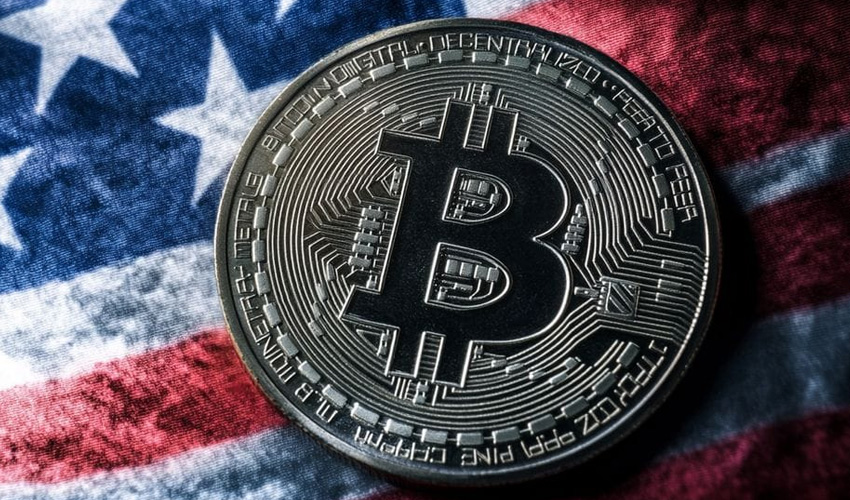Bitcoin (BTC) investors are closely examining the differing cryptocurrency policies of Vice President Kamala Harris and former President Donald Trump as the 2024 United States presidential election approaches on November 5 (Tuesday).
Their contrasting approaches could significantly influence market trends in the digital asset space.
Donald Trump has emerged as a pro-crypto candidate, pledging to remove U.S. Securities and Exchange Commission (SEC) Chairman Gary Gensler, a key figure in crypto regulation.
He has expressed support for Bitcoin mining through subsidies and is actively accepting crypto donations, launching NFTs, and proposing a decentralized finance platform.
This has marked a notable shift from his 2019 characterization of Bitcoin as a “scam.” However, analysts question whether his current pro-crypto stance is genuine or merely a campaign tactic.
Regardless, Trump's rhetoric may boost Bitcoin prices, especially as the election date nears.
Conversely, Kamala Harris is expected to align closely with the regulatory framework established during the Biden administration. While she has not specifically targeted cryptocurrencies, her potential continuation of Gensler's “regulation by enforcement” approach suggests a cautious regulatory environment.
Harris’s past acceptance of XRP donations underscores her pragmatic recognition of crypto's importance, yet her administration may prioritize investor protection over aggressive market support for Bitcoin.
The overall economic climate, particularly the ongoing rate cut cycle, may further influence market reactions to the election. Both Bitcoin and stocks are seen as “risk assets,” which tend to thrive amid lower interest rates.
The Federal Reserve's recent actions—cutting rates by 50 basis points in September and likely another 25 in November—could stimulate interest in these assets regardless of the electoral outcome.
Historical data supports the notion that markets often rally post-election, with the S&P 500 typically performing well under both Democratic and Republican leadership.
The analysts predicted that a Trump victory could lead to a more favorable environment for cryptocurrencies, with forecasts suggesting Bitcoin prices could soar to $125,000.
In contrast, BlackRock CEO Larry Fink remains optimistic about Bitcoin's long-term trajectory, suggesting its growth is likely regardless of the election's outcome.
The election's impact on cryptocurrency will also hinge on regulatory appointments. Trump's commitment to replace Gensler with a more crypto-friendly SEC chair could spur innovation, benefiting the crypto sector. Meanwhile, a Harris administration might retain Gensler or appoint a similarly cautious successor, fostering stability over rapid growth.
Ultimately, while the candidates' positions on cryptocurrency will shape immediate market sentiment, the broader economic trends, particularly the Federal Reserve's policies, are poised to provide a more sustained boost to Bitcoin and the stock market in the post-election landscape.



























